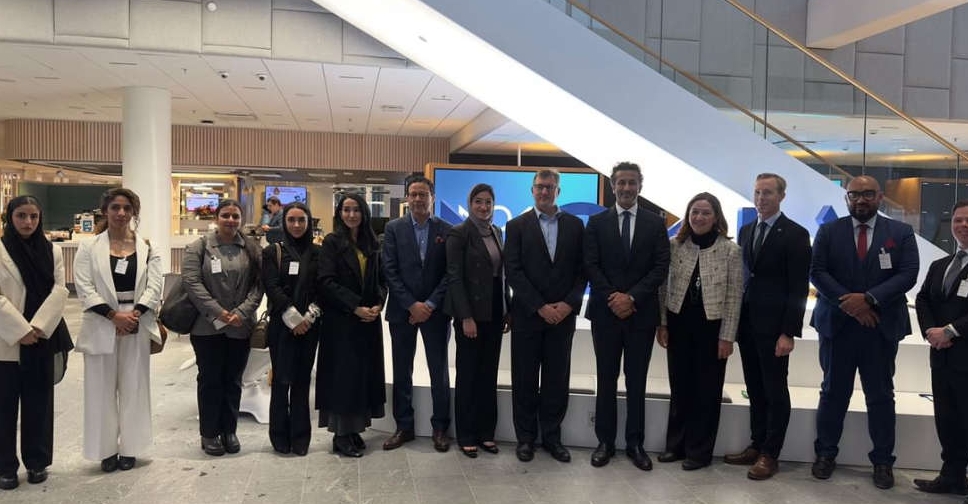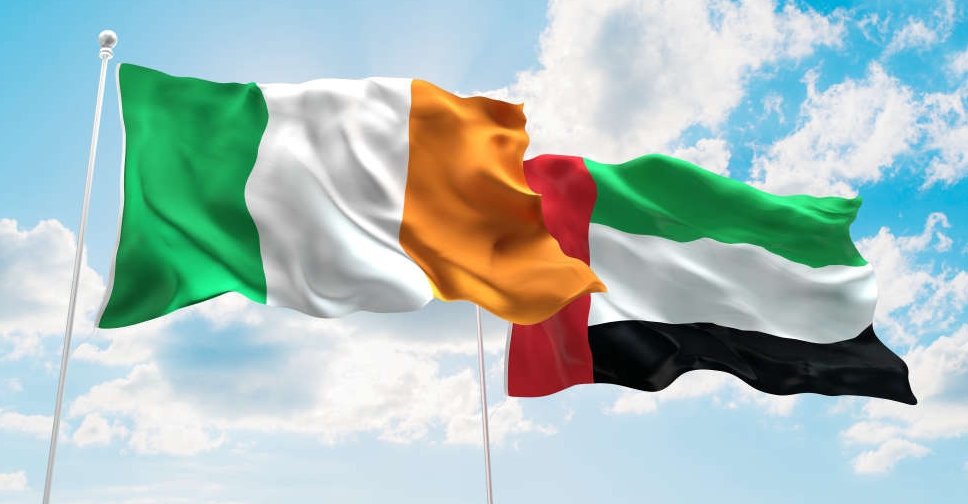
When news broke in January that Saudi Arabia was considering an initial public offering of its state-owned oil company, the first reaction on Wall Street was shock. Then calls began pouring into Dubai - the Middle East’s financial hub - from senior bankers in London and New York. Investment banks around the world are clamoring to join what promises to be a bonanza, and not just the IPO of Saudi Arabian Oil Co., or Aramco, which could be valued at upward of $2 trillion. The kingdom is planning to sell hundreds of state assets to bolster its finances and reduce its dependence on oil. That includes as much as $15 billion of bonds. Saudi Arabia looks even more promising with investment banking in a global slump and Britain’s vote to exit the European Union set to deter deal-making for months to come. “Saudi Arabia is close to the top, if not at the top, of the agenda for banks,” said Christopher Wheeler, a London-based analyst with Atlantic Equities LLP in London. “Where else is there at the moment?" Fees paid to banks in the kingdom jumped by almost a third to about $100 million in the first five months of the year, according to New York-based research firm Freeman & Co. While that’s a fraction of what investment banks generate in the U.S. and Europe, the work of diversifying the kingdom’s economy is just getting started. International banks elbowing for position are adding staff, dispatching top executives to Riyadh and promoting Saudis to senior roles. Among the biggest banks, HSBC Holdings Plc and JPMorgan Chase & Co. appear to have a head start. HSBC is working on the privatization of the Saudi Stock Exchange and the potential breakup of Saudi Electricity Co., people with knowledge of the matter have said. Stuart Gulliver, chief executive officer of the London-based bank, travels to the kingdom regularly to meet decision makers, said a person familiar with his visits who asked not to be identified discussing internal matters. Influential Roles Two HSBC bankers recently jumped to government roles. Mohammad Al Tuwaijri, CEO for the Middle East, was appointed deputy economy and planning minister in May. Fahad Al Saif, general manager of global banking and markets at HSBC’s Saudi British Bank, is starting a debt management office that will be responsible for the kingdom’s first international bond sale. HSBC and JPMorgan, along with Citigroup Inc., were picked just days ago to arrange that offering, people with knowledge of the matter said. Officials at the three firms declined to comment on their Saudi operations. JPMorgan advised the Saudi Public Investment Fund on its $3.5 billion investment in Uber Technologies Inc. this month. It also has an advisory role on Aramco, people familiar with the matter said in April. The largest U.S. bank set out at the beginning of the year to increase its Saudi staff of 65 by about 10 percent, said Bader Alamoudi, CEO of its local investment-banking unit, in a January interview. ‘Huge Potential’ Deutsche Bank AG, which has about 80 people in the country, named Jamal Al Kishi, a Saudi national, as CEO for the Middle East and Africa earlier this year. “We view Saudi as a core growth market with huge potential for global investment banks,” said Tamim Jabr, Deutsche Bank’s head of corporate and investment-banking coverage in Saudi Arabia. Morgan Stanley President Colm Kelleher, who traveled to Riyadh in May, told Saudi Arabia’s al-Eqtisadiah newspaper that his visit was to reaffirm the bank’s commitment to the Saudi market at a time when the country’s future is being shaped. An official at the New York-based firm declined to comment. The big banks are vying not just with each other, but also with smaller firms. Verus Partners Ltd., a London-based advisory boutique co-founded by former Citigroup bankers Mark Aplin and Andrew Elliott, helped Saudi Arabia secure its first loan in 15 years in April, when the government raised $10 billion from banks. Michael Klein, another ex-Citigroup investment banker, is advising Aramco on it’s IPO, people with knowledge of the matter said in April. Klein’s firm is providing strategic advice to the government, while JPMorgan is working on preparations for the IPO and may be among the banks that underwrite the offering, the people said. To reduce the importance of oil, Deputy Crown Prince Mohammed bin Salman wants to build the country’s sovereign wealth fund into the world’s largest, and increase the proportion of its foreign investments to half, from 5 percent. “It’s going to be a fees feast for investment banks,” said John Sfakianakis, the Jeddah-based head of economic research at the Gulf Research Center, a think tank. “No one else in the Middle East, and maybe even emerging markets globally, is embarking on such deep reforms.” The Aramco IPO alone would generate at least $50 million in banking fees, according to an estimate from Freeman. The kingdom provides a bright spot in an otherwise dismal landscape for investment banks, whose earnings are under pressure from record-low interest rates and escalating capital requirements. U.K. voters’ surprise decision to withdraw from the EU heralds even harder times for securities firms as companies that hire banks to advise on takeovers and raise money face years of uncertainty while Britain negotiates new international ties. ‘Big Wallet’ Bankers typically earn less on deals in Saudi Arabia than on similarly sized transactions elsewhere. On the IPO of National Commercial Bank, bankers, lawyers and accountants split 25 million Saudi riyals ($6.65 million), or about 0.1 percent of the deal’s size. That compares with an average of 2.7 percent for banks underwriting IPOs in Europe, the Middle East and Africa in 2014, data compiled by Bloomberg show. The country’s interpretation of Islam, including a strict segregation of men and women in public, can be off-putting to expatriates and make it harder to put qualified bankers on the ground. Still, the opportunities are too attractive to pass up. “Banks are seeing a big wallet to go after and they won’t want to miss out,” said Wheeler. “With oil unlikely to return to historical highs, there will be a consistent stream of business coming out of Saudi Arabia for years to come." Bloomberg


 UAE launches KYC platform for enhanced financial data
UAE launches KYC platform for enhanced financial data
 Volkswagen union signals strikes in December but talks continue
Volkswagen union signals strikes in December but talks continue
 UAE trade delegation visits Finland, meets Finnish companies
UAE trade delegation visits Finland, meets Finnish companies
 UAE visit to Ireland aims to strengthen science and tech ties
UAE visit to Ireland aims to strengthen science and tech ties


